Lazimpat, 02 Kathmandu Nepal
Newsletter
Shivam Group have activities
A Company! A successful working team is built on effective communication, collaboration, and a shared understanding of goals & Mission It’s excellent for team members to have diverse skills, complementing each others strengths and weaknesses. Regular feedback, clear roles, and a positive team culture contribute to a result oriented and motivated work environment. we Shivam Group have such team for Tourism sector in Nepal, Affiliate the social sector, Community area as well as county side nomad area.
Team members within a Shivam Group Holiday company are individuals who collaborate and work together to achieve common goals and objectives. The dynamics of a team can vary widely based on the size of the organization, its structure, and the nature of the work being done.
Roles and Responsibilities: Each team member typically has specific roles and responsibilities within the team. These roles can be defined based on skills, expertise, and the needs of the project or department.
Collaboration: Effective collaboration is essential for team success. Team members often need to communicate, share ideas, and work together to solve problems or complete tasks. Open and clear communication is crucial for a cohesive and productive team.
Diversity: Teams are often composed of individuals with diverse backgrounds, skills, and experiences. Embracing diversity can bring different perspectives to problem-solving and enhance creativity within the team.
Team Building: Companies often invest in team-building activities to strengthen relationships among team members. These activities can range from team-building exercises to off-site retreats, fostering a sense of camaraderie and mutual understanding.
Leadership: Teams may have a designated leader or manager responsible for guiding and coordinating the group's efforts. A strong leader can provide direction, support, and motivation to help the team achieve its objectives.
Communication: Effective communication is critical for successful teamwork. This includes both formal communication within the team, such as meetings and updates, and informal communication to build rapport among team members.
Conflict Resolution: Conflicts may arise within a team due to differences in opinions, work styles, or other factors. Team members and leaders should be equipped with conflict resolution skills to address issues constructively and maintain a positive working environment.
Recognition and Feedback: Recognizing and appreciating the contributions of team members is essential for morale and motivation. Regular feedback, both positive and constructive, helps individuals understand their strengths and areas for improvement.
Professional Development: Companies often support the professional development of team members by providing training, mentor ship programs, or opportunities for skill enhancement. This investment benefits both the individuals and the overall team.
Adaptability: Teams may need to adapt to changes in projects, priorities, or organizational structures. Flexibility and adaptability among team members are crucial for navigating challenges and seizing new opportunities.
Team Culture: The culture within a team, shaped by shared values, norms, and behaviors, influences how team members interact and work together. A positive team culture fosters collaboration and a sense of belonging.
Effective team management involves understanding the strengths and weaknesses of team members, fostering a supportive environment, and aligning individual efforts with the company's overarching goals. Team members contribute to the overall success of the company by working together efficiently and leveraging their collective skills and expertise.

Founder and CEO

Director
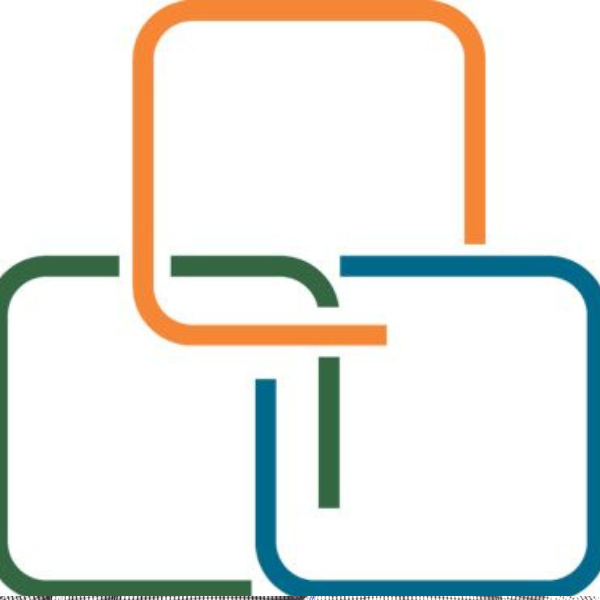
Account
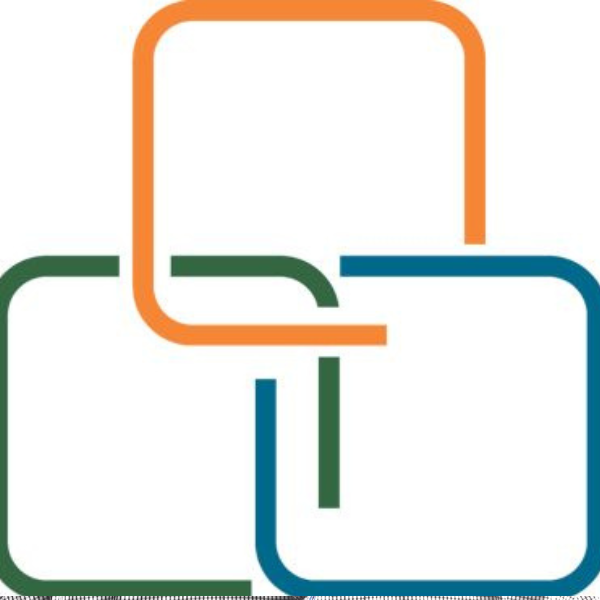
Guide
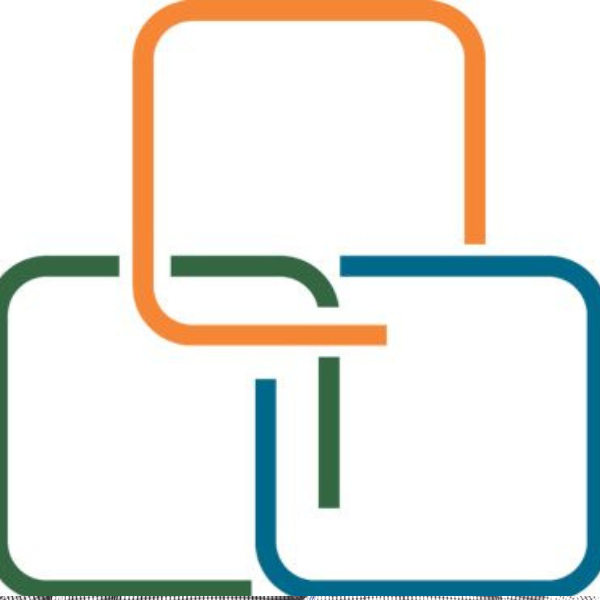
Ticketing
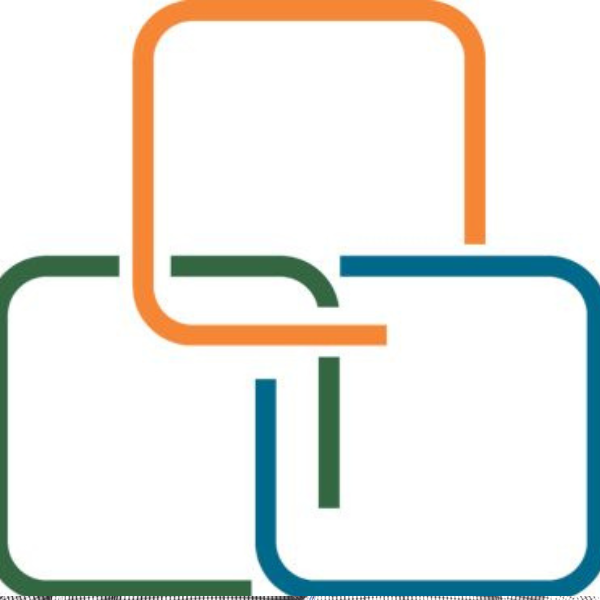
Guide
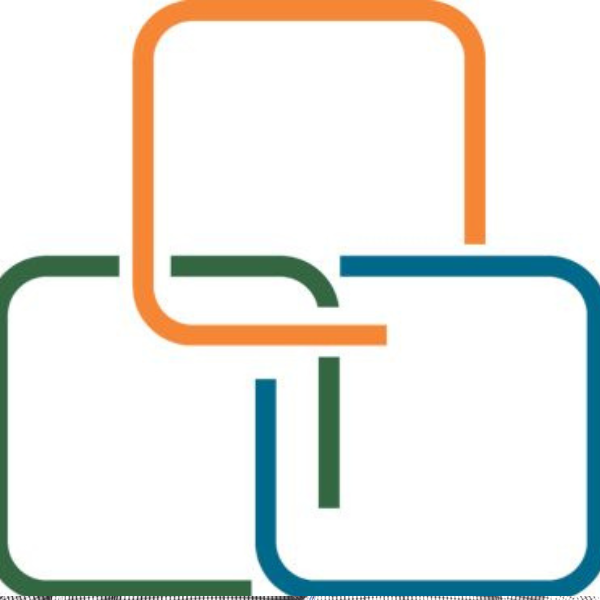
Tour officer